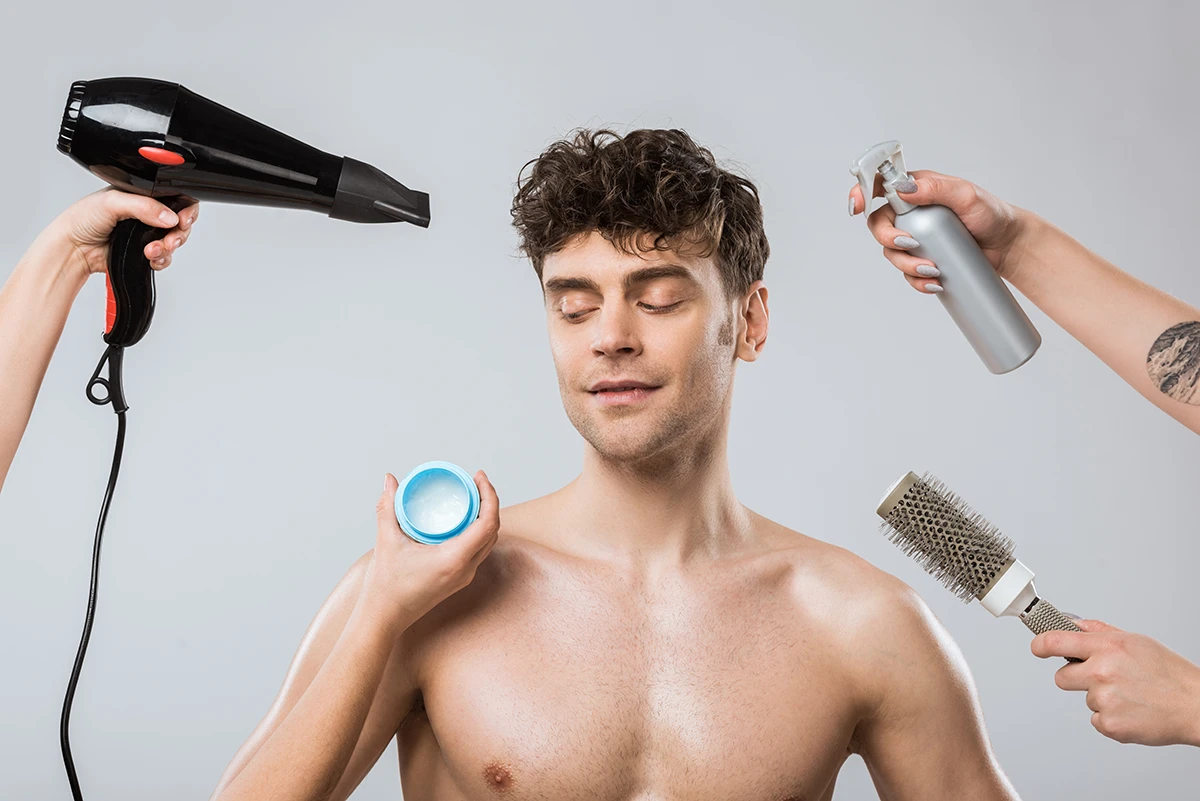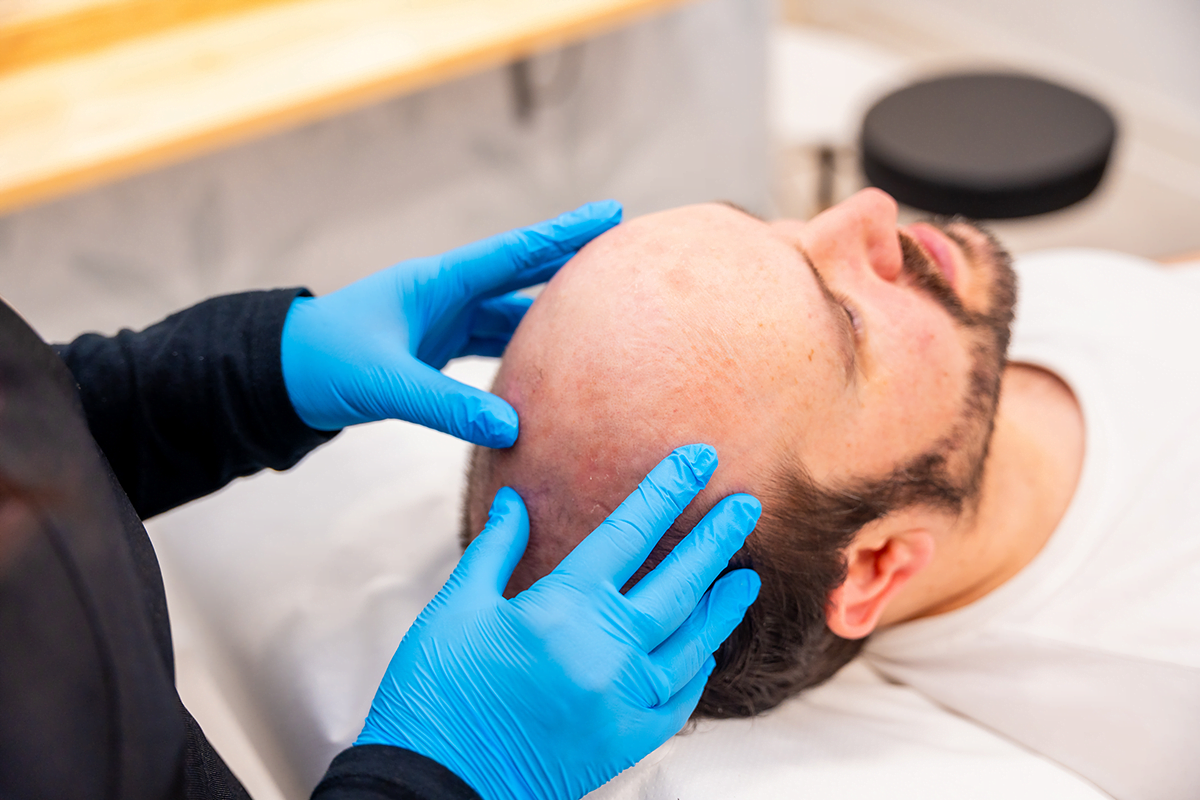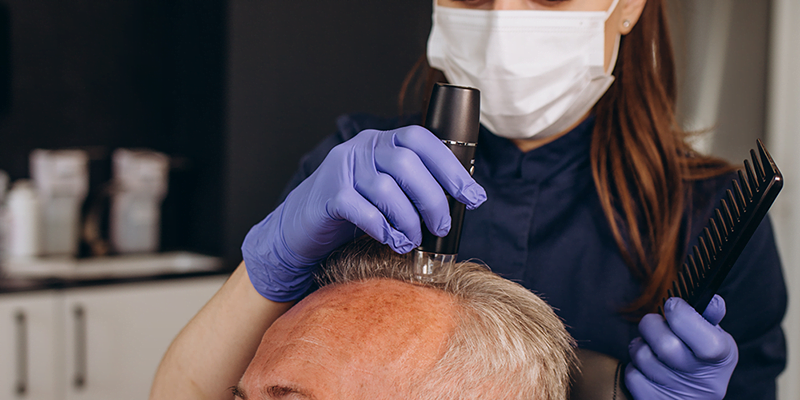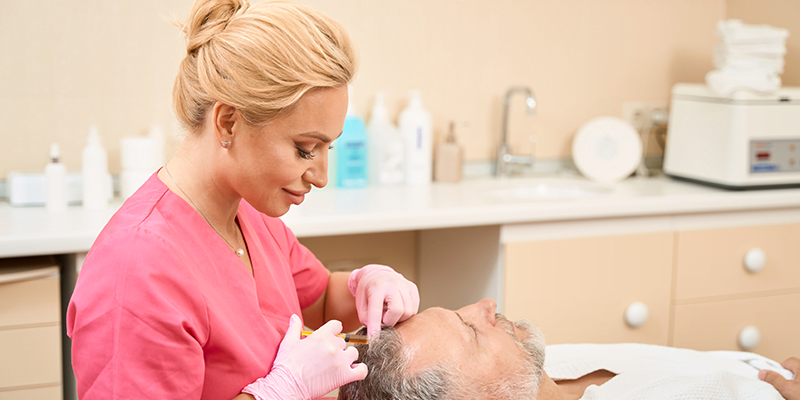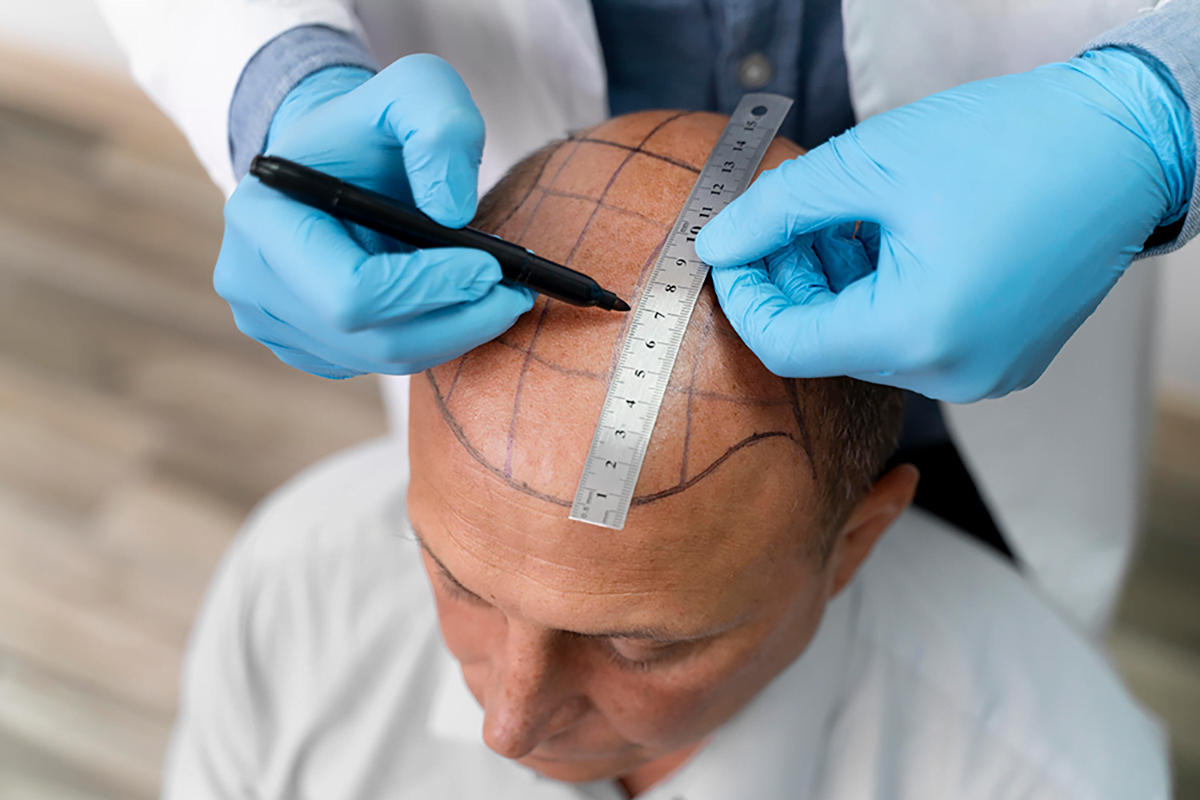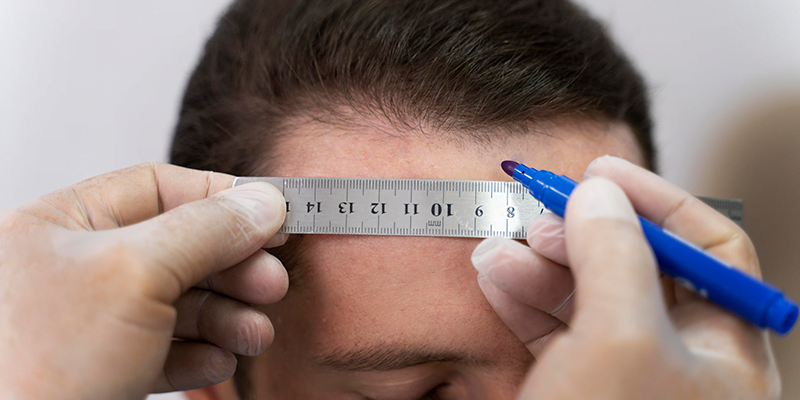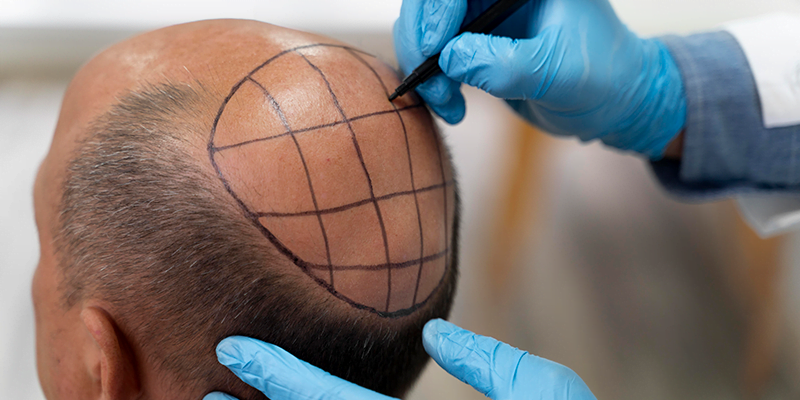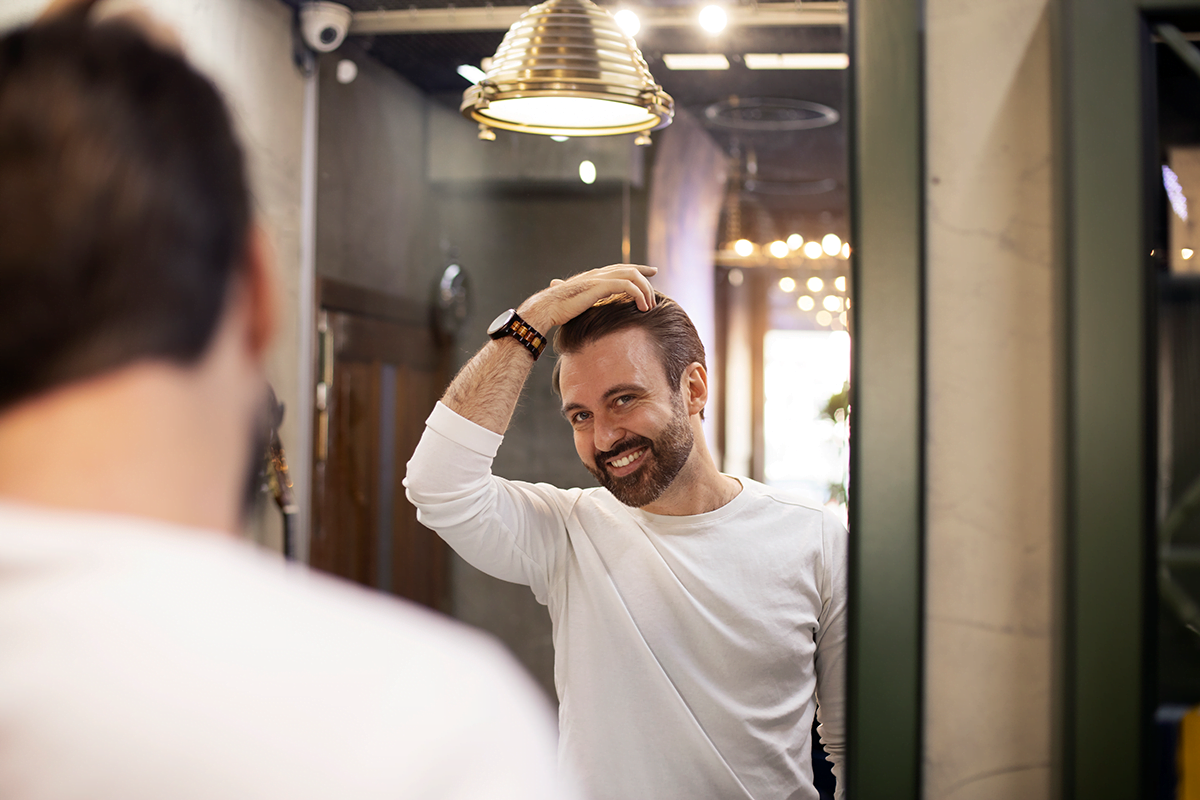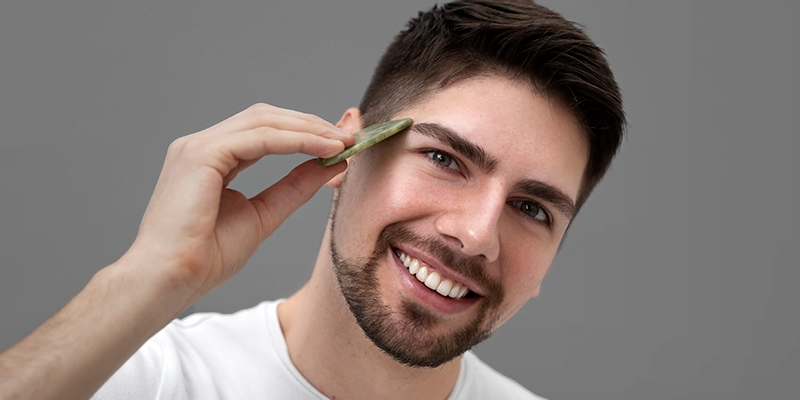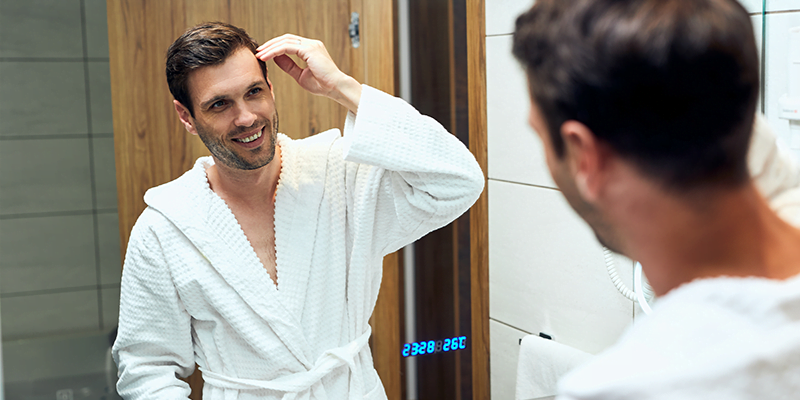Getting a hair transplant is a significant step toward restoring hair and confidence. However, the success of the procedure doesn’t end when you leave the clinic. Proper aftercare is crucial to ensure that your new hair grafts thrive and grow as expected. In this comprehensive guide, we’ll explore the essential steps and tips for correctly managing your hair transplant aftercare to promote a healthy, natural result.
Why Hair Transplant Aftercare is Important for Hair Transplants?
The period after a hair transplant is critical because it determines the long-term success of the procedure. During the initial days and weeks, your scalp is in a sensitive state, and the transplanted hair follicles need time to establish themselves. Proper aftercare helps:
- Minimize Infection Risks: Keeping the scalp clean and avoiding potential contaminants is crucial for preventing infections that could affect the grafts.
- Ensure Graft Survival: The transplanted follicles are fragile at first. Following hair transplant aftercare guidelines ensures they are not disturbed, allowing them to integrate successfully.
- Promote Healthy Hair Growth: Aftercare routines, including gentle washing and proper nutrition, foster an environment where new hair can grow and thrive.
Check out other blogs: Expert Recommendations on the Best Vitamins for Hair Growth
Immediate Aftercare: The First 48 Hours
The first two days post-procedure are the most critical. During this period, your scalp will be sensitive, and the grafts need to remain undisturbed. Here are some key steps to follow:
Protect the Grafts
Avoid touching, rubbing, or scratching the transplant area. Even though you might experience slight discomfort or itchiness, it’s important to resist the urge to touch your scalp.
Sleep with your head elevated (using two or more pillows) to reduce swelling. Sleeping upright also prevents accidental contact with your pillow, which could dislodge grafts.
Stay Away from Water
Avoid washing your hair for at least 48 hours after the procedure. Water pressure, even from gentle washing, could damage the new grafts. Your doctor will instruct you on when and how to begin gently washing your hair.
Minimize Sun Exposure
Keep your scalp protected from direct sunlight, as UV rays can damage the healing grafts. Wearing a loose, breathable hat is a good way to shield your scalp when outdoors.

How to Wash Your Hair After a Hair Transplant
Once you’re cleared by your doctor to wash your hair—usually after the hair transplant procedure 48 to 72 hours—there are specific techniques to follow to ensure you don’t disturb the grafts:
Use a Gentle Shampoo
Most clinics recommend a mild, pH-balanced shampoo. Avoid harsh chemicals or shampoos with fragrances that can irritate the scalp.
Apply Shampoo Gently
Mix a small amount of shampoo with lukewarm water and gently pour it over your scalp. Use light dabbing motions to clean the transplanted area—do not scrub or rub.
Rinse Carefully
Rinse the scalp with lukewarm water using a cup or shower with minimal pressure. Avoid using high water pressure directly on the scalp to prevent damaging the grafts.
Pat Dry
Use a soft towel to gently pat the scalp dry. Avoid rubbing, which can disturb the grafts. Some clinics might recommend using a cool hairdryer on a low setting instead of a towel.
Avoiding Physical Activity
Strenuous physical activities should be avoided for the first two weeks following your hair transplant. Here’s why:
- Excessive Sweating: Activities like running, weightlifting, or sports can lead to excessive sweating, which might irritate the scalp and increase the risk of infection.
- Increased Blood Pressure: Straining during exercise can increase blood pressure, which may cause the grafts to become dislodged or affect the healing process.
- Injury Risk: Any bump or blow to the head during sports or vigorous activity can dislodge grafts, leading to uneven hair growth or failure of the transplant.
After the first two weeks, you can gradually ease back into light exercise, but consult your doctor for specific recommendations based on your healing progress.
Medications and Supplements
Your doctor will likely prescribe certain medications and suggest supplements to support the healing process and promote hair growth:
- Antibiotics: These help prevent infections after the transplant. Make sure to follow the prescribed dosage and complete the entire course, even if you feel well.
- Pain Relievers: Some patients experience mild discomfort or swelling after the procedure. Over-the-counter pain relievers or prescribed medication can help alleviate these symptoms.
- Anti-Inflammatory Medication: To reduce swelling, your doctor might recommend anti-inflammatory drugs, which help to decrease scalp inflammation and promote faster recovery.
- Hair Growth Supplements: Biotin, zinc, and vitamins like vitamin D and E can support hair growth and overall scalp health. However, consult your doctor before starting any supplements.
Avoid Smoking and Alcohol
Both smoking and alcohol can hinder the healing process and affect the outcome of your hair transplant. Here’s why you should avoid them:
- Smoking: Smoking reduces blood circulation and deprives hair follicles of essential nutrients and oxygen. This can slow down healing and affect the growth of the transplanted hair.
- Alcohol: Drinking alcohol can dehydrate the body, increase blood pressure, and affect circulation, all of which can interfere with the recovery process.
It’s best to avoid smoking and alcohol for at least two weeks after your hair transplant, but ideally, longer if possible for optimal results.
Managing Itching and Discomfort After a Hair Transplant
Itching is a common part of the healing process after a hair transplant. However, it’s important not to scratch your scalp. Here are some tips to manage discomfort:
- Moisturizing Sprays: Some clinics recommend using a moisturizing spray or saline solution to soothe the scalp and reduce itching.
- Cold Compresses: If you experience swelling or discomfort around the forehead or donor area, applying a cold compress can provide relief. Be sure not to place it directly on the transplanted grafts.
- Antihistamines: Over-the-counter antihistamines can help manage itching, but always check with your doctor before taking any medication post-surgery.
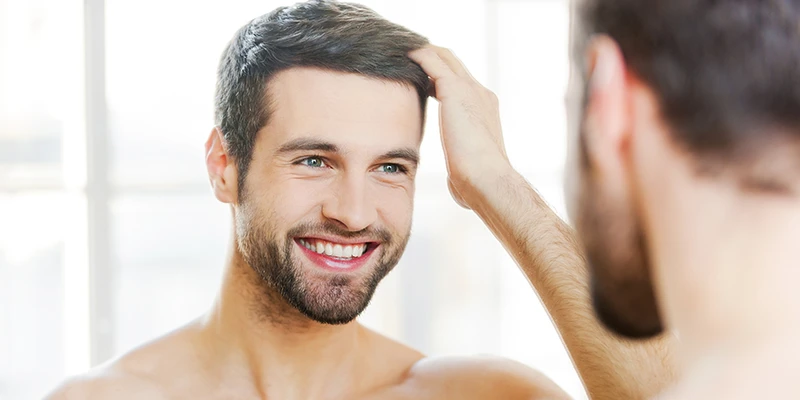
Long-Term Hair Transplant Aftercare for Best Results
Achieving the full benefits of your hair transplant takes time, and ongoing care is essential for long-term success:
- Avoid Hair Styling Products: For the first few weeks, avoid using hair gels, sprays, or other styling products that can irritate the scalp. Once your doctor gives the go-ahead, use gentle, non-toxic products.
- Continue Gentle Hair Washing: Even after the initial healing period, it’s a good idea to continue using gentle hair-washing techniques for at least a few months. This ensures that your scalp remains healthy while the transplanted hair begins to grow.
- Regular Follow-Up Appointments: Schedule follow-up appointments with your doctor to monitor the progress of the transplant and address any concerns. Your doctor can evaluate how well the grafts are taking and provide additional advice for maintaining scalp health.
- Patience is Key: It’s essential to understand that hair growth after a transplant takes time. Most patients will begin to see new hair growth within 3-4 months, with full results visible after 9-12 months.
Conclusion: Why Proper Aftercare is Crucial for Hair Transplant Success
The journey to achieving great results from a hair transplant doesn’t end with the procedure itself—it continues with your hair transplant aftercare routine. By following your doctor’s guidelines, keeping your scalp clean, protecting the grafts, and avoiding potentially harmful activities, you can ensure that your new hair grows healthy and natural.
Remember, patience and diligent aftercare are the keys to enjoying long-lasting, successful results from your hair transplant.
F.A.Q.
Q1: How soon can I wash my hair after a transplant?
A: You should wait at least 48 to 72 hours before gently washing your hair as instructed by your clinic.
Q2: Can I wear a hat after my hair transplant?
A: Yes, but only a loose-fitting, breathable hat to avoid putting pressure on the grafts. Most clinics allow hat use after the first few days.
Q3: When can I resume exercise after a hair transplant?
A: Light activities can resume after 10-14 days, but avoid strenuous exercise and heavy sweating for at least two weeks.
Q4: Is itching normal after a hair transplant?
A: Yes, mild itching is part of the healing process. It’s important not to scratch the scalp to avoid dislodging the grafts.
Q5: When will I see the final results of my hair transplant?
A: Full results typically become visible 9-12 months after the procedure as the new hair grows in naturally.
